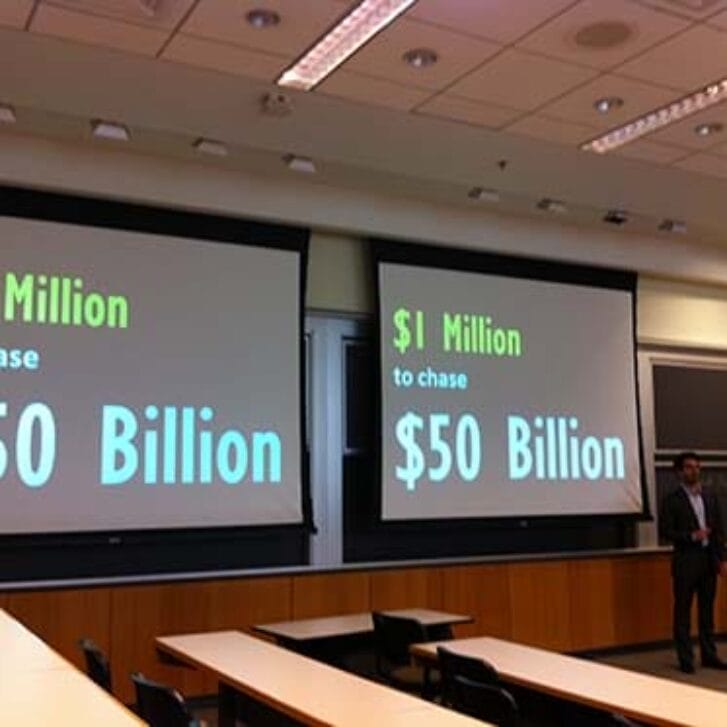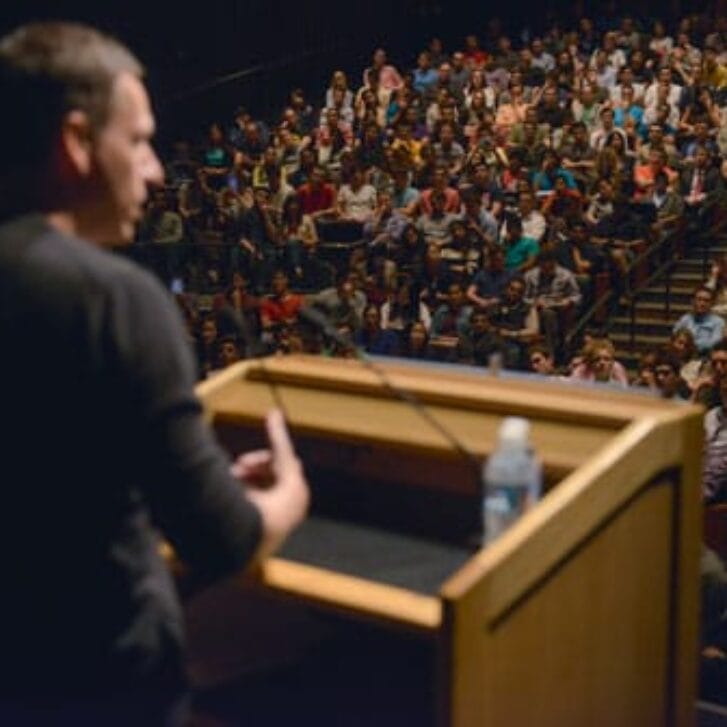Recessions are good for adjustment and innovation, and since 2008 there have been adjustments—even disruption—in areas such as finance, law and consulting.
One emergent trend that seems here to stay is that of opting for flexibility, lower full-time headcount and keeping cash on the balance sheet. This has given rise to more part-time employees at all levels of the labor force from tech talent to seasoned CFOs.
Similarly, top professional talent is demonstrating more interest in flexibility and agility as people seek to combine personal pursuits, like travel, family and social engagement, with the ability to monetize their sought-after skills as part-time freelancers. This has given rise to the “fractional worker.”
Fred Wilson, managing partner of Union Square Ventures, recently told a group of entrepreneurs at Wharton that he likes investing in technology focused on labor and labor marketplaces.
The recession has fundamentally shifted the way we work and that data prove it, he said. While the U.S. economy is climbing back, job numbers have stagnated. The reason is that people are engaging in part-time work that isn’t captured in conventional job data.

Marissa Mayer, CEO, president and director at Yahoo!
Working remotely used to be unfamiliar, inefficient and costly. However, seismic shifts in technology and human resource management have allowed companies to save on costs and employees to work from far afield. Even large corporations are now sharing files on Dropbox, making Skype calls, and implementing flexible work programs.
(The backlash against Marissa Mayer shows everyone loves working in pajamas on Friday.)
Companies face increasing volatility and have successfully adapted supply chains, manufacturing processes and financing to match. At last, human capital management seems to be catching up. As little as 6 percent of the U.S. workforce was categorized as freelance in 1990, now its 20 to 30 percent, according to Accenture.
The freelance market is huge, and growing. According to The Economist, $300 billion is spent annually on part-time workers. While only $1 billion of this is done virtually, the consultancy Staffing Industry Analysts expects this to grow to $5 billion by 2015. Even public policy is lending a helping hand. The Affordable Care Act makes it easier to work as a freelancer and still get great health coverage.
The range of freelance services is also expanding rapidly. Elance, an early talent marketplace, has focused on low-end providers of technology and creative talent. Yet the biggest growth trends are in areas of financial planning and analysis, accounting and legal strategy, where only behemoth white-shoe firms have dominated until now.
Raj Jeyakumar, WG’13, and I founded Skillbridge while at Wharton because we tried to do freelance work and realized how high the search costs are as an independent professional going at it alone.
Yet the professionals we speak with consistently place great importance on more diverse personal and professional experiences. These skilled individuals constantly transition from one job to another, start families and look for ways to give back to their communities. Many of the Wharton grads we interviewed told stories of successful careers derailed to start a family. The loss to individuals and the economy of this type of talent is wasteful and unnecessary.
We’re hopeful that companies and highly talented professionals see eye to eye, to lower costs while providing the flexibility needed for careers to truly flourish. Onward and upward with the fractional worker!
Editor’s note: This post first appeared on Wharton’s Entrepreneurship Blog on June 20, 2013. We followed Skillbridge during this past year’s Wharton Business Plan Competition. Read our “Business Plan Competition Experience” to see how they fared.


























